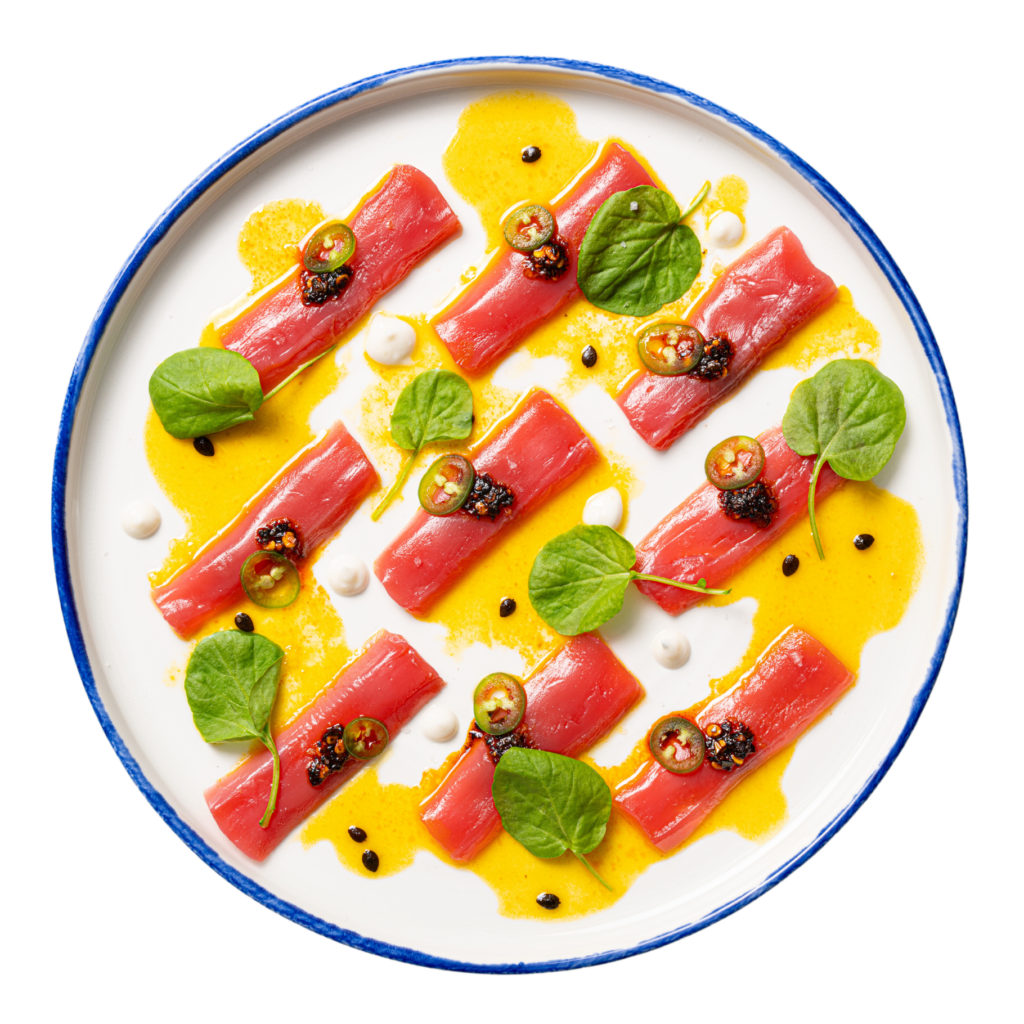
Mary Kasper, Ph.D. has joined the Aqua team as a Biomaterials Scientist. A rockstar scientist, Mary has published many papers in highly respected biomaterials journals and has a pending patent on a bioactive hydrogel chemistry that she formulated during her graduate research. She has a bachelor’s in Materials Science and Engineering from North Carolina State University, and a doctorate in Biomedical Engineering from the University of Florida.
In layperson’s terms, what does a biomaterials scientist do?
Biomaterials scientists design materials that are meant to recapitulate and interact with biological components, such as tissues and cells. Many of the materials we utilize are either derived from or inspired by nature, such as alginate derived from seaweed, or patterns inspired by shark skin. We not only design and engineer materials for specific biological applications, but also seek to understand how those design criteria affect the overall function (e.g., how material softness affects cell growth). Biomaterials have been used extensively within the medical space for tissue engineering and regenerative medicine, but in recent years, have been used in other spaces including alternative protein and sustainable material development.
With so much of biomaterials science focused on medical applications, what led you to bring this perspective to the food industry and alternative proteins?
I originally decided to pursue a career in biomaterials research to make an impact on patient lives. As a personal note, I also switched to a pescatarian lifestyle during college and had spent years following the newest plant-based releases. In graduate school, I was working on creating scaffolds for tissue repair and I started recognizing that there were many parallels between approaches used in the fields of tissue engineering and alternative protein. And although I still felt committed to improving human lives through biomaterials research, I recognized that pursuing a career in alternative protein would also improve patient lives by introducing products free of cholesterol, trans fats, allergens, and microplastics that contribute to and augment many chronic diseases. Further, the implications that alternative protein will have on the environment and animal welfare align directly with my lifestyle choices, which seemed like the perfect opportunity to merge my personal values with my technical expertise!
As a mission-driven company, we want to create a more sustainable food system, and we’re using science and technology to do it. Do you think science is inherently idealistic, or at least optimistic, in its search for answers to life’s important problems?
Absolutely! Science and technology have sparked numerous societal revolutions, from the invention of the modern car to the invention of numerous life-saving vaccines. Without science and technology, our society would stall. I believe we are in the middle of the next big technological renaissance where environmental innovation, led by sustainable food and energy will shape subsequent generations.
Part of your role is taking alt-seafood to new levels of realism. Can you tell us a little about that process? But not too much in case our competition is reading this!
I’m currently working on creating various textures in our products that can emulate the tenderness of real seafood. It all starts by understanding the microstructural and mechanical features that give a species of interest its characteristic eating experience and mouth-feel. We can then introduce microfeatures into our upstream production process that gives the product various toughnesses. What’s really cool about this approach is that we can introduce these features in a controllable way to get an array of eating qualities that can be used to recreate various seafood textures from raw sashimi to fried calamari.
What excites you in the world of alternative proteins? Besides Aqua, of course.
I feel like we are right on the cusp of a massive sustainable food boom! There are so many companies popping out of the woodwork, who are all aligned with the same mission of creating sustainable food solutions to reduce the environmental impact of our current food system and improve human and animal welfare. I am so excited to see the impact of the field within the next decade and those to come afterward.
What advice would you give young people considering a career in food tech?
The field is a land grab right now and companies are pulling expertise from all ends of the technical spectrum. To anyone who is interested in food tech but doesn’t know how to get their foot in the door, I’d recommend researching how your skills could be useful within the field and play to your strengths and passions because there is most certainly a place for you within the industry.


